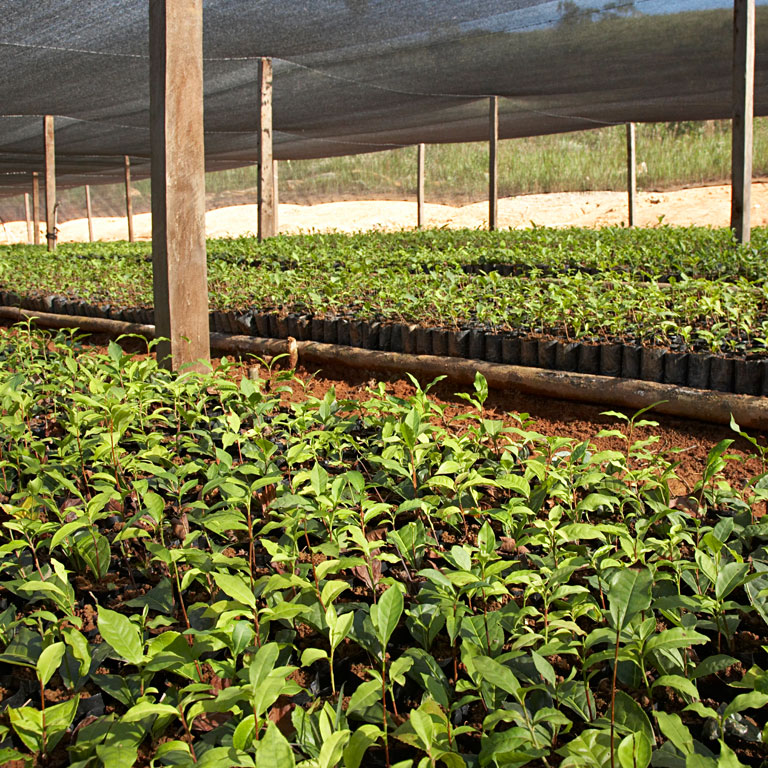Our goal at Tetley is quite clear and simple, to ensure maximum productivity and profit while minimizing the damage to the environment. To achieve this goal, we have been promoting several sustainable agricultural practices in the supply chain. Apart from the environmental protection part, Tetley has managed to influence socio-economic aspects of the tea community. Supporting profitable tea farming, protecting the health of the community members, encouraging their development, devising climate resilient tea production systems, and spreading awareness on the resource conservation practices are some of the steps taken by Tetley.
SUSTAINABLE AGRICULTURE FOR CLIMATE ADAPTATION:
Tetley has been helping tea growers in Kenya, Malawi, and India, to improve their skills and expertise in adapting to climate change. Trained at farmer field schools in the tea sourcing areas, they are supported by local field staffs and are provided with pictorial instruction manuals that are translated in the local language. The training includes: soil cover management, planting trees and other perennial vegetation, management of effluent ponds and manure, proper waste management, use of clean technologies, reduction in tillage, drip irrigation and rainwater harvesting, and green manures.
PROMOTING BIO-PESTICIDES:
Based on Vriksha Ayurveda, the ancient science of plant life and crop management, a bio-pesticide ensures the protection of plant and provides nutrition.
Tetley has been encouraging all the suppliers to put sustainable and ecological practices for improving and safeguarding the soil fertility along with pest management. An innovative collaboration between Tata Global Beverages and five other Tata Companies namely Tata Chemicals, Rallis, Amalgamated Plantations, Kanan Devan Hill Plantations and Tata Coffee have led to the initiation of Project S-PPF.
The primary intention behind this project is to create a portfolio of bio-pesticides and Package of Practices, thus understanding the impact of biological plant-extract pesticides on tea crops such as red spider mites, helopeltis, looper and blister blight. By using the information and insights from this project, we have managed to develop a plant-based bio-pesticide called Natural Acaracide (NA-01).
The Natural Acaracide (NA-01) is very much comparable to chemical pesticides when it comes to the bio-efficacy on red spider mites, and was the winner of the Tata Innovista Award in 2016.

